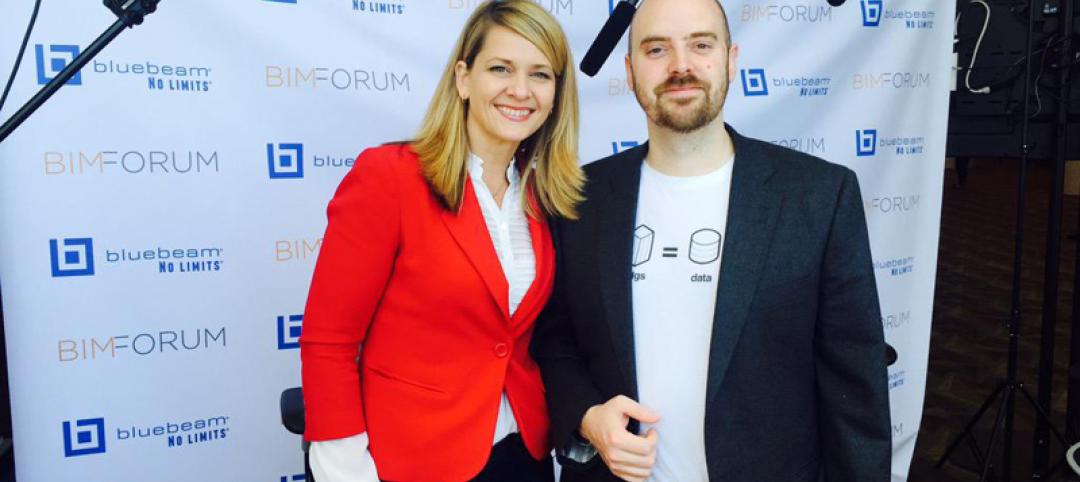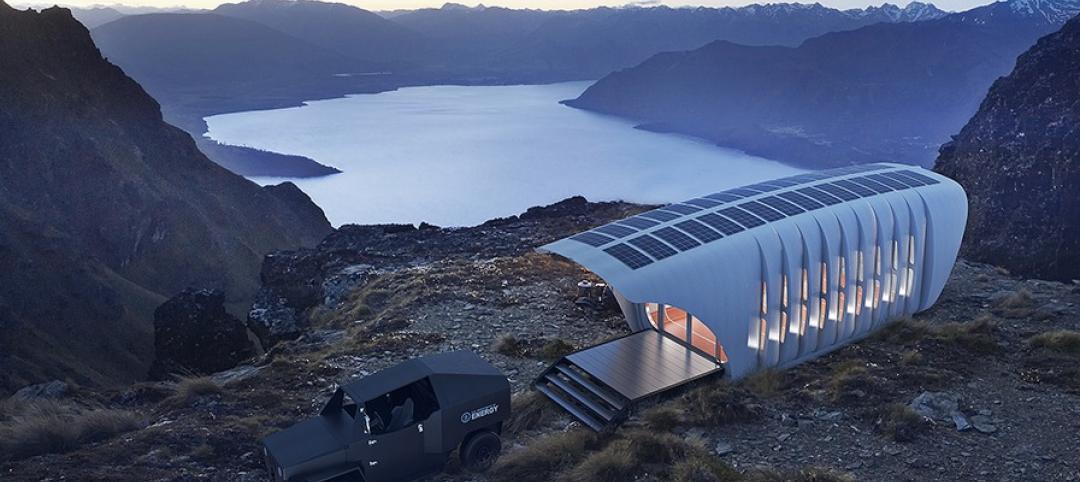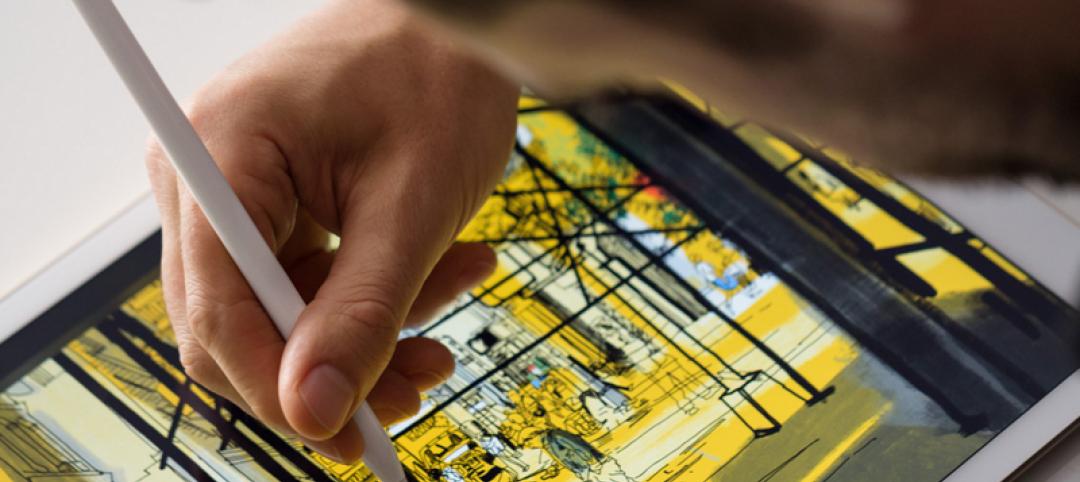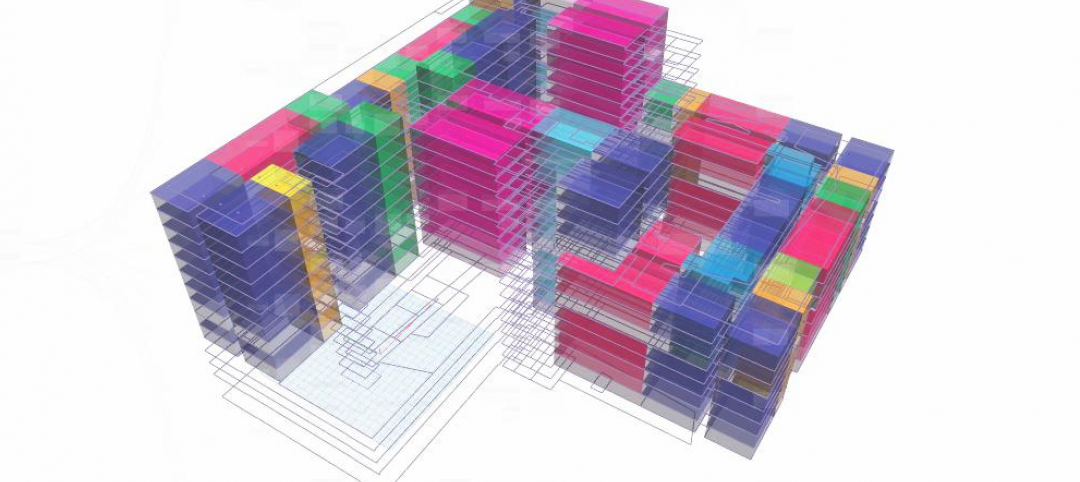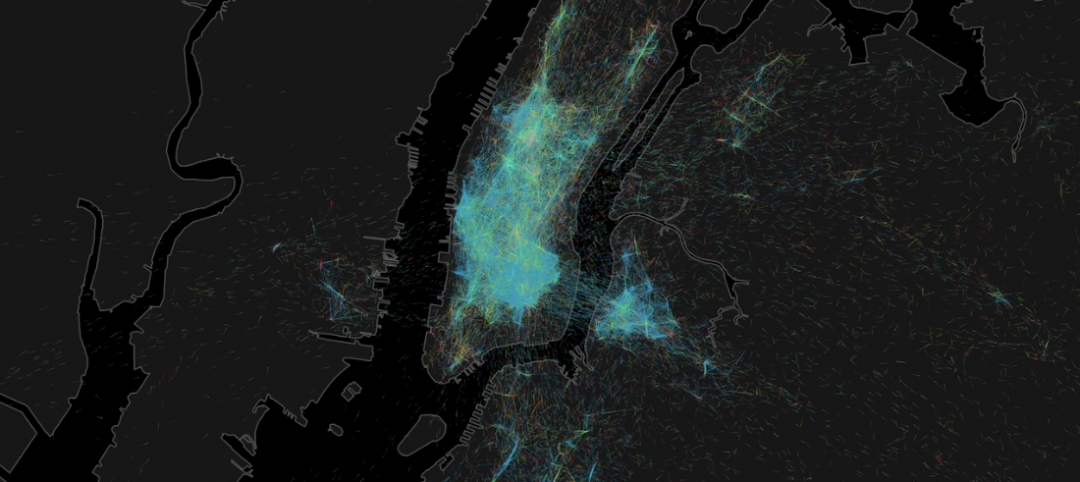By definition, a city is a big place. And, as such, it is hard to stay on top of everything going on within its borders. There will always be outcomes to scenarios that couldn’t have been predicted, issues that arise from small details overlooked in the planning process.
But the city-state of Singapore is trying to rectify this issue and make sure no small details are overlooked again. What is their solution? To create a hyper-realistic virtual model of the island city-state, something they are currently in the process of doing.
With the help of the Prime Minister’s Office and Dassault Systèmes, a multinational software company that is at the forefront of 3D design, Virtual Singapore is well on its way to completion.
Virtual Singapore will incorporate information such as data about the climate, demographics, energy consumption, and building elevation, all the way down to small details like the location of trees.
If you ever played SimCity, a game designed by legendary game designer Will Wright, this probably seems pretty familiar to you. But Virtual Singapore is built for more than just entertainment.
“You can click on a building and see the surface of its roof, how much electricity it consumes. You can simulate how in the event of a gas leak or a bombing, the population could escape based on where people are,” said CEO of Dassault Systèmes, Bernard Charlès, in an interview with Tech Insider. “We have simulation engines for this.”
Virtual Singapore can be used for more than planning for emergencies or disasters, though. It can also be used to see how a proposed change to the city would affect it. Thus, helping to eliminate those tiny overlooked details that rear their ugly heads later on in the process, when issues become more expensive to fix.
The majority of the data being used to create Virtual Singapore was stored on siloed platforms, but Charlès hopes to eventually incorporate data directly from citizens, such as information from cars or fitness trackers.
Dassault Systèmes projects Virtual Singapore to be completed by 2018.
Related Stories
Sponsored | BIM and Information Technology | Oct 7, 2015
Microsoft’s Surface Pro 3 – designed with the AEC industry in mind
Sasha Reed sits down with Microsoft’s Senior Director of Programs, Pete Kyriacou to discuss the unique challenges AEC professionals face and why the Surface Pro 3 was designed to help them be more productive.
Sponsored | BIM and Information Technology | Oct 1, 2015
How can owners make better decisions with the help of analytics?
Sasha Reed sits down with David Fano, Chief Technology Officer for WeWork (formerly with CASE), at BIMForum to discuss how owners make better decisions with the help of analytics.
Modular Building | Sep 23, 2015
SOM and DOE unveil 3D-printed, off-the-grid building
The Additive Manufacturing Integrated Energy (AMIE) building features a high-performance shell with a photovoltaic roof and built-in natural gas generator.
BIM and Information Technology | Sep 16, 2015
Norman Foster proposes 'drone ports' as a way to ship goods across Africa
The structures would store cargo-shipping drones and serve as community centers.
BIM and Information Technology | Sep 16, 2015
VIDEO: See how Wiss, Janney, Elstner engineers use drones to perform building inspections
"We believe that drone usage will enable building owners to assess problems quicker and with less risk to the general public and workers,” said WJE Principal Michael Petermann.
BIM and Information Technology | Sep 14, 2015
Is Apple's new iPad Pro a game changer for architects?
A stylus, split screen, and improved graphics make designing on the tablet easier.
BIM and Information Technology | Sep 9, 2015
How is data changing the nature of design?
Advances in building information modeling allow for more thorough project documentation, but don't get lost in the white noise, writes Shepley Bulfinch’s Kyle Martin.
BIM and Information Technology | Sep 7, 2015
The power of data: How AEC firms and owners are using analytics to transform design and construction
Case’s bldgs = data conference highlighted how collecting data about personal activities can inform design and extend the power of BIM/VDC.
BIM and Information Technology | Aug 28, 2015
MIT researchers develop 3D printer that produces intricate glass structures
The machine uses molten glass as its “ink,” contained in a “kiln cartridge” that heats up at 1,900 degrees until it is molten and pliable.
BIM and Information Technology | Aug 27, 2015
Zebra Imaging launches 3D hologram creator for Autodesk Revit
Company promises new product will bring "easy creation process" to holographic imaging in AEC community.



